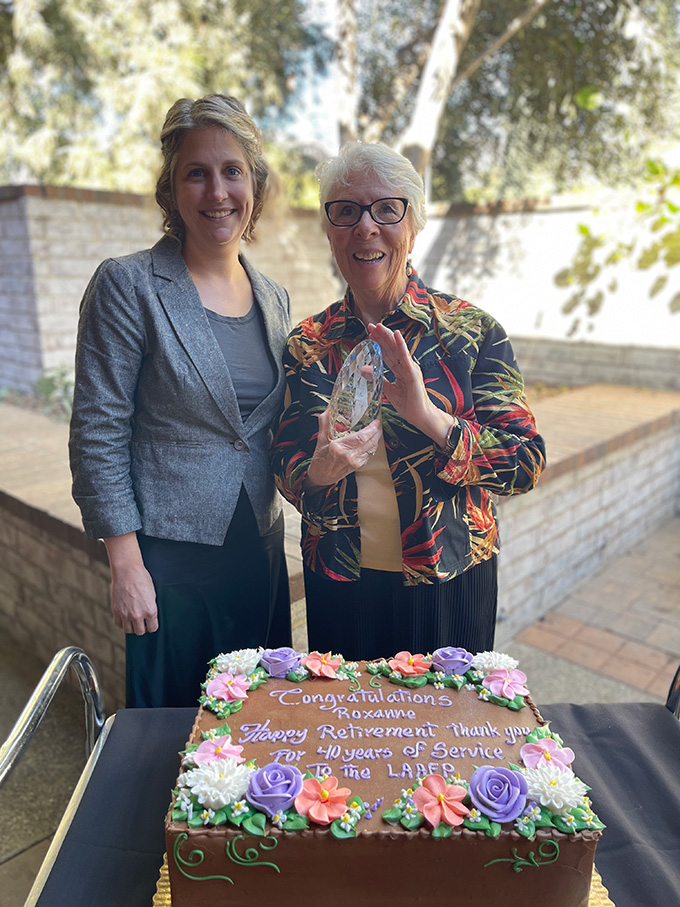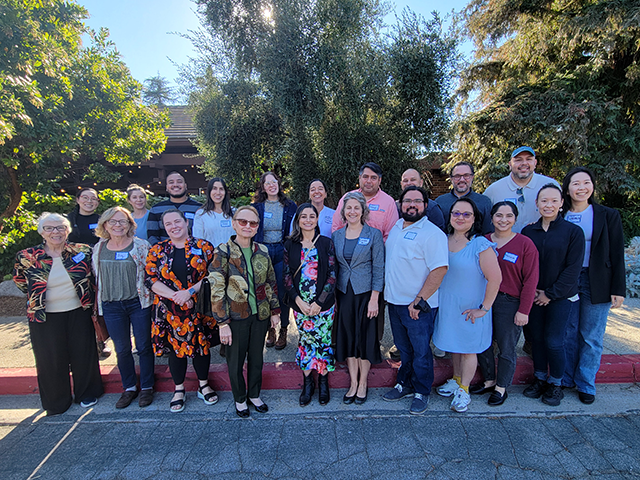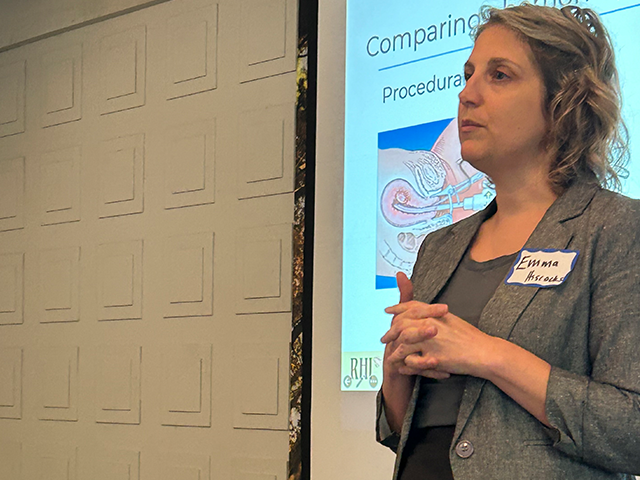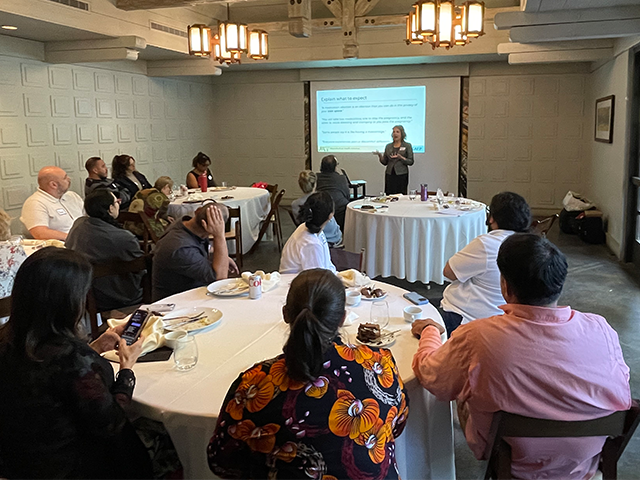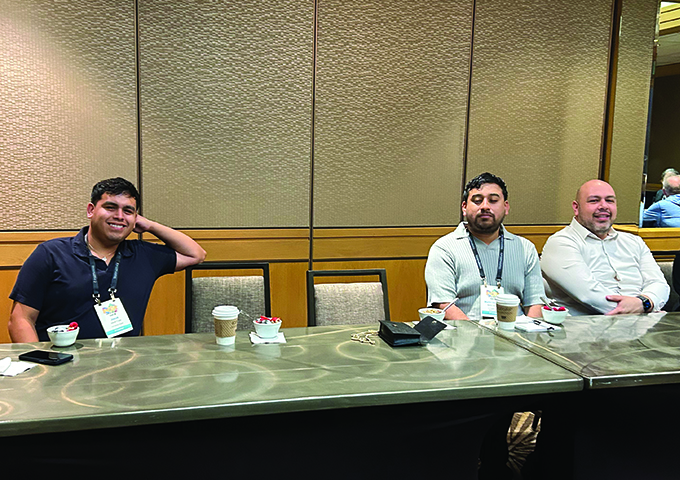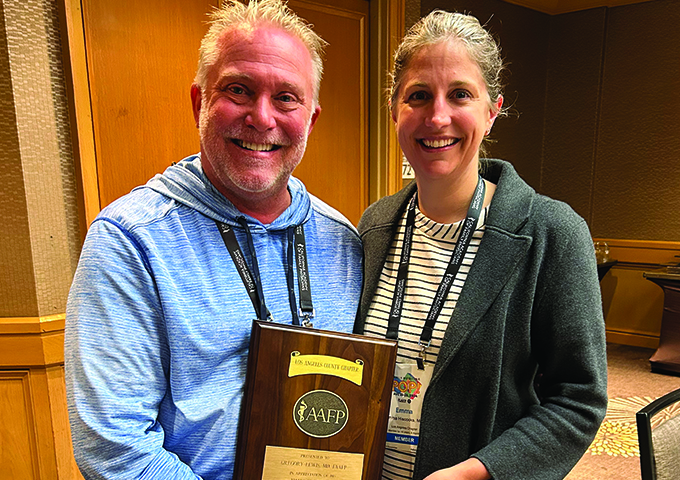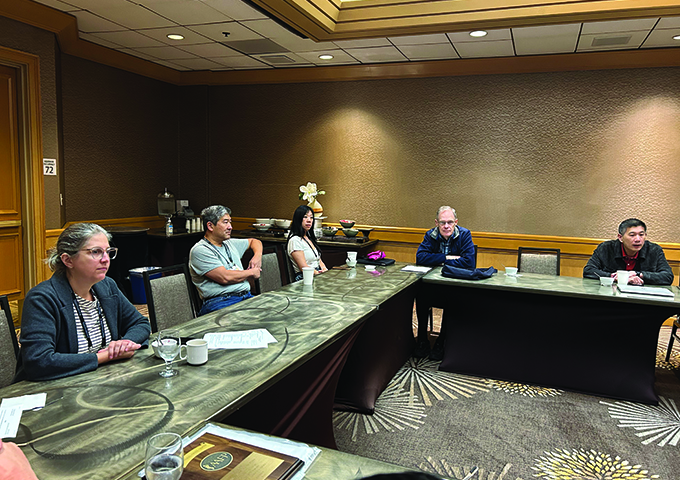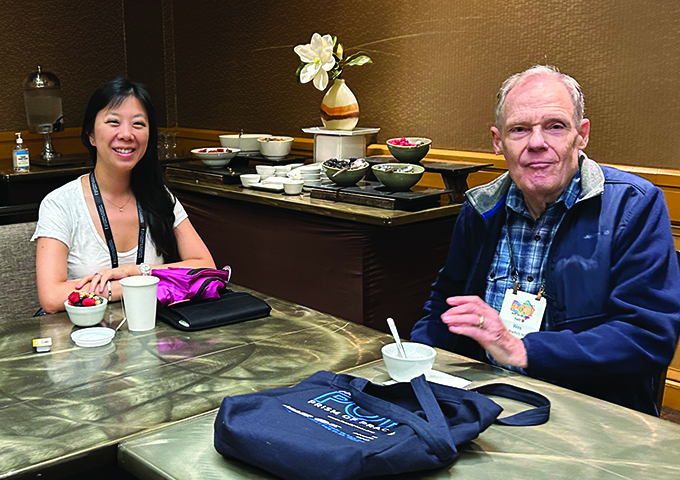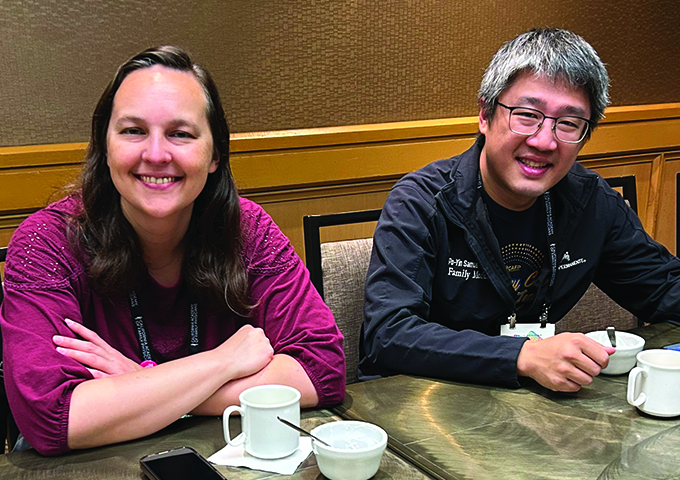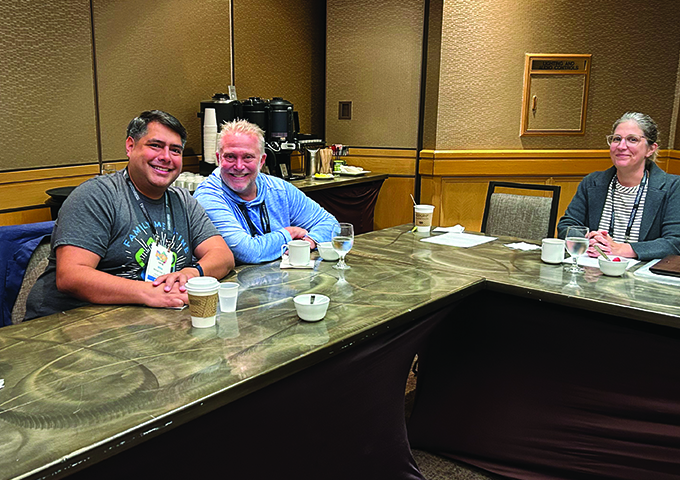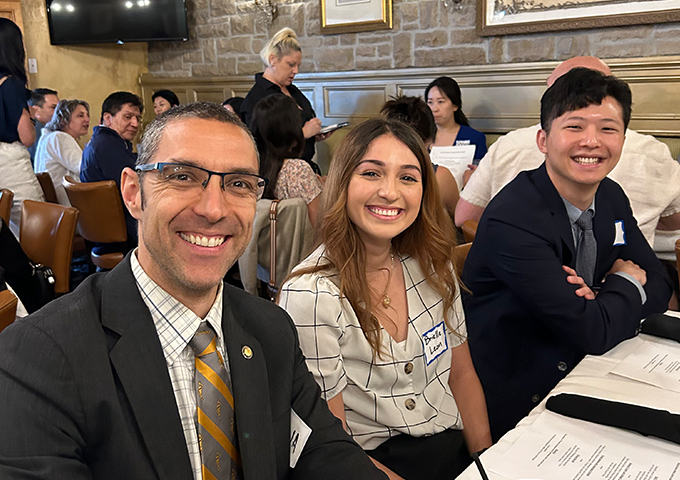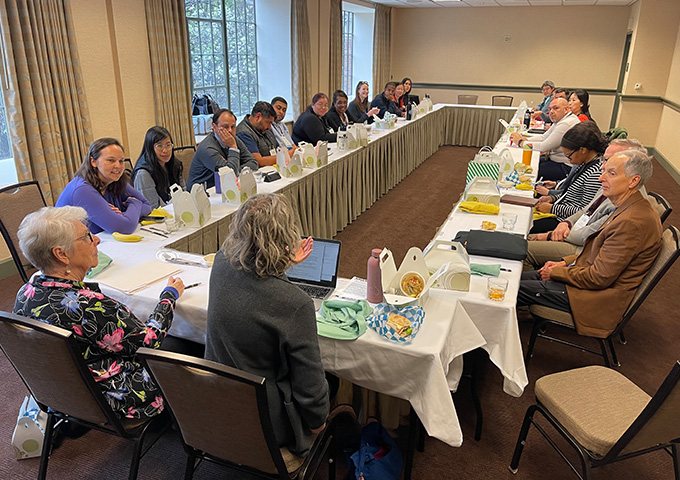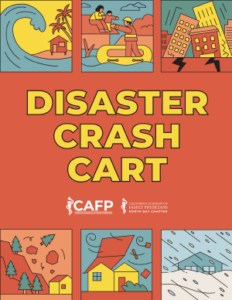August 2021
The new California Budget (pending policy details) includes:
- One-time $50 million for new Song-Brown primary care residency programs;
- Medi-Cal coverage for undocumented adults aged 50 beginning May 1, 2022;
- Telehealth flexibilities including equal payment for audio-only;
- State youth behavioral health screening & support regardless of payer.
SB 402 will help make primary care central to health care delivery and improve care in COVID-19-impacted regions. It creates pilot projects to transition primary care away from fee-for-service toward alternative payment models, and aligns health plan contracts around uniform payment and quality measures. See CAFP’s fact sheet on the bill.
MICRA is under attack again with the trial-attorney-backed “Fairness for Injured Patients Act”, “FIPA” (or “Fairness to Hard-Working Trial Attorneys Act”?), which will be on the ballot November 2022. CAFP and MICRA supporters are looking for volunteers to serve as Community Ambassadors to support fighting this harmful initiative.
Reminder: Beginning January 1, 2022, prescriptions in California must be e-prescriptions, unless temporarily unavailable due to technological or electrical failure, or if dispensed by a pharmacy outside California.
Physicians who received over $10,000 in CARES Act relief payments must report on the use of those funds by September 30, to avoid repaying the money.
Reminder: The “Open Charts Law” (Interoperability, Information Blocking, and the ONC Health IT Certification Program of the 21st Century Cures Act) requires giving patients access without charge to their EMR health information, such as by web portal (except psychotherapy notes or information for legal or administrative processes).
California’s COVID statistics include 3.7 million cases and 63,000 deaths. The new Delta variant grows and spreads much more aggressively, causing a new spike in cases, especially in underserved minority communities. The COVID death rate is about 1.5-2.0%, and prolonged-illness rates of survivors are many times that, including lung damage, anxiety/depression, etc., even among some patients not hospitalized.
Because of the new COVID spike, CDC now recommends fully vaccinated individuals wear masks in public indoors in high-transmission areas, to help prevent spread and protect others. Even after full vaccination, people can still pick up a smaller volume of viruses and develop some symptoms and/or spread viruses to vulnerable people, but spread and illness are much worse for unvaccinated immune systems. AAFP’s information website has up-to-date guidance and patient information. Also, see recent outcome comparisons of the major COVID vaccines.


